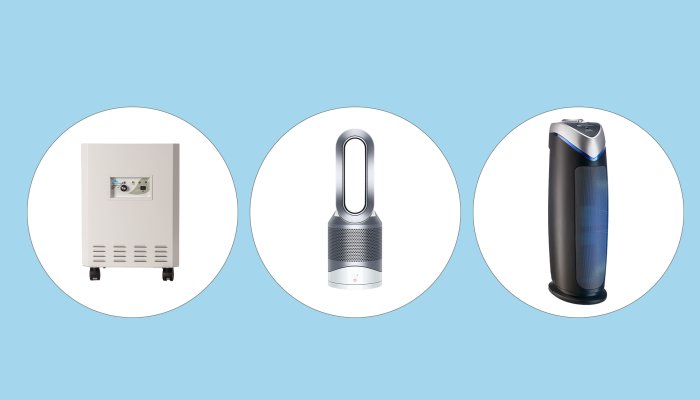
Not just any air purification can bear the HEPA label—and the regulated design is fairly effective, per Shyam Joshi, M.D., an allergist and head of Medical for Nectar, a customized and convenient way to treat common allergies from home with sublingual immunotherapy treatment.
“HEPA filters, or high-efficiency particulate air filters, are meant to remove 99.97% of particles that are 0.3 microns in diameter or larger, which is 100 times thinner than a human hair. These particles, which include dust, smoke, pollen, and mold spores, can cause irritation or allergic reactions in susceptible people that can lead to nasal congestion, runny nose, cough, or shortness of breath,” explains Dr. Joshi.
Unlike regular air purifier filters, the HEPA rating does ensure a higher level of purification based on the size of particle which is needed to remove common allergens and irritants from the air, he adds.
But while HEPA filters do offer a range of benefits for users, they can be more costly than traditional air purifiers on the market. The replacement filters, which generally need to be replaced every 6 to 12 months, also tend to cost more than traditional air filters. Fortunately, there are quality options for all budgets and needs, so you can enjoy cleaner and healthier air in your home or office for years to come.
